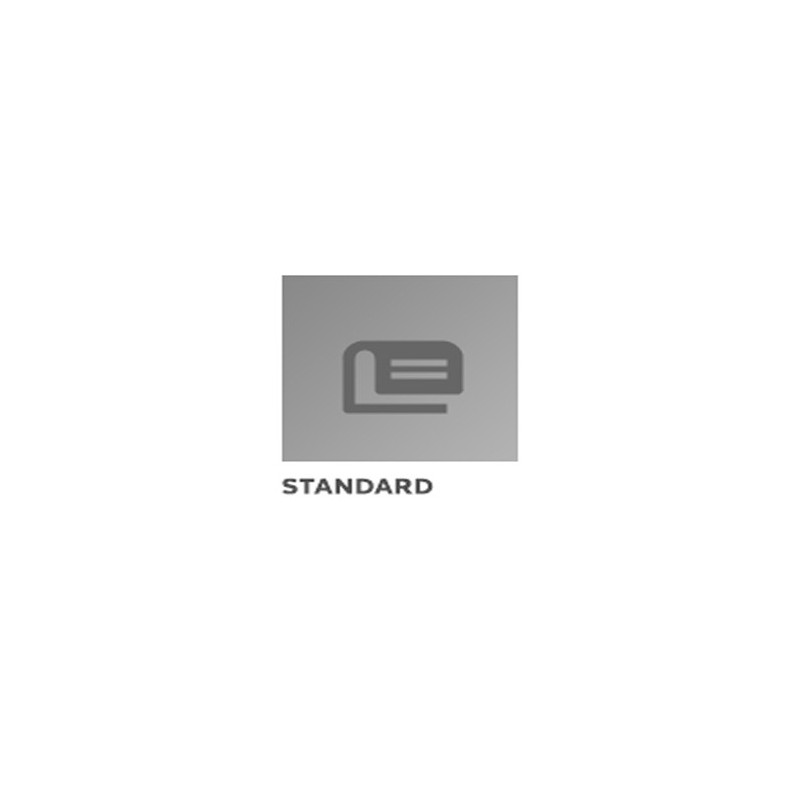Description / Abstract:
This SAE Aerospace Recommended Practice (ARP) provides methods
and guidelines for isolating dissimilar repair patch materials from
carbon composite structure during a repair operation.
These procedures are applicable to any repair procedure for
carbon composite parts in which the repair patch is a metallic
alloy that can form a galvanic cell with carbon in the presence of
moisture or other electrolytes. The principal patch materials
addressed are aluminum, titanium, and stainless steel.
The procedures are primarily concerned with bolted repairs that
introduce the most severe, potential corrosion problem but bonded
repairs are also considered.
The procedures are also applicable to repairs that involve
reinstallation of metallic inserts into a carbon composite
part.
Fiberglass and aramid composites do not have galvanic reactions
with other materials, and the procedures outlined herein are,
therefore, not essential with these materials. The sealing
procedures covered herein are still recommended, however, as a
means of preventing moisture entry. Boron filaments can produce a
galvanic reaction by contact between the tungsten core of the fiber
and adjacent metal, particularly in a bolted repair where the metal
fasteners can contact cut fibers. Thus, the procedures outlined
herein are advisable for bolted repairs of boron composites.
Generic materials and parts are described herein with no
specific vendor identifications. All materials used in the
procedures outlined herein shall be accompanied by a Material
Safety Data Sheet (MSDS) and shall be handled in accordance with
MSDS instructions.
Safety-Hazardous Materials:
While the materials, methods, applications, and processes
described or referenced in this specification may involve the use
of hazardous materials, this specification does not address the
hazards which may be involved in such use. It is the sole
responsibility of the user to ensure familiarity with the sage and
proper use of any hazardous materials and to take necessary
precautionary measures to ensure the health and safety of all
personnel involved.


